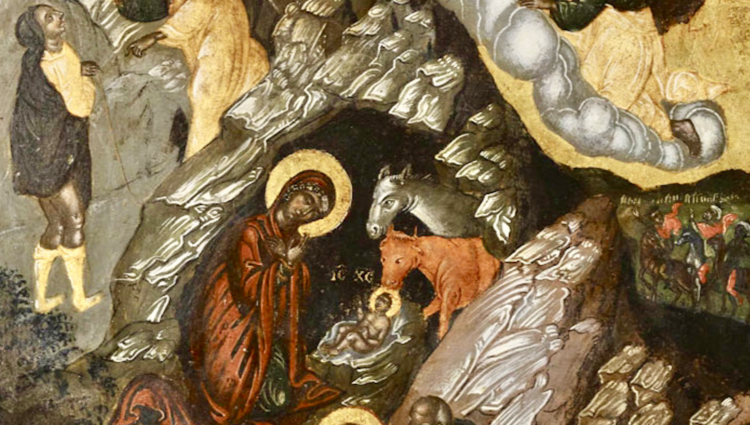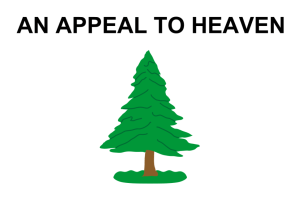 I look out my cell’s window as dawn breaks upon the priory, but the autumn leaves that used to reflect the morning rays have all fallen away. We had a long fall in DC, but I would not have it longer, even though the winter brings its melancholy. We grow weary of the seasons. Winter’s time has come.
I look out my cell’s window as dawn breaks upon the priory, but the autumn leaves that used to reflect the morning rays have all fallen away. We had a long fall in DC, but I would not have it longer, even though the winter brings its melancholy. We grow weary of the seasons. Winter’s time has come.
We find ourselves at the end of the year much like men found themselves in the days of Caesar Augustus. “Spring, summer, autumn, each in turn, have brought their gifts and done their utmost; but they are over” (Newman). Time brought its goods, promising more good things to follow, but as the day came for the earth to bear its fruit, and man sunk his teeth into the attractive rind, he found that the sweetness in the mouth faded, while the bitter stomach remained. Man tries all manner of goodness that this world offers, but the body hungers again, and the soul slowly loses hope. The list of things that fail to satisfy grows, and the list of things yet to try perpetually diminishes. Yes, after month upon month and age upon age, “we would not have the seasons longer” (Newman).
The Preacher says, “Remember your Creator in the days of your youth, before the evil days come and the years draw nigh, when you will say, ‘I have no pleasure in them’” (Eccl 12:1). Yet the evil days come, and man has forgotten. Trees have blossomed, but they withered, and kindled hope fails. “Man goes to his eternal home,” and the mourner to the streets. Silvery words promising satisfaction have snapped like cords. The gilt bowl of earthly fruit has broken. Stunted desire bears weariness. In the cities of antiquity and within the wintry heart of modern man, man has no hope in this world, and he has forgotten Him who made it. “Vanity of vanities, says the Preacher, all is vanity” (Eccl 1:2).
As the days grow colder and the earth harder, so the heart of earthly man freezes of despair. Were the Son of Man to come, he would find faith neither on earth nor in the heart of man. Worldly hope has killed all hope, and men “are afraid also of what is high.” Yes, surely we would not have the days longer, for they are evil, and we would not have the Day, for we fear the light.
Man loses his faith in tree and flower, but God plants a root. In the cold midwinter, earth hard as iron, hearts hard as death, the Sower stronger than death strikes the earth with a Rock harder than iron and cleaves its steely sadness, planting his Seed within. When sinful man cannot receive the noonday Sun, God plants the morning star in the heart of the earth. He makes himself small to pierce the cracks in man’s tiny heart. He comes as the gentle rays of dawn so as not to pain the eyes accustomed to night. The winter outside continues, but in the heart of the earth, grace rests in peace, deeper within the earth than those who dwell in it, deeper in the heart of man than the spirit of man within it.
It is cold outside, but “deep roots are not reached by the frost” (Tolkien).
O Radix Jesse, iam noli tardare!
✠
Republished with gracious permission from Dominicana (December 2024).
The Imaginative Conservative applies the principle of appreciation to the discussion of culture and politics—we approach dialogue with magnanimity rather than with mere civility. Will you help us remain a refreshing oasis in the increasingly contentious arena of modern discourse? Please consider donating now.
Image: Konstantinos Tzanes, The Nativity Story












